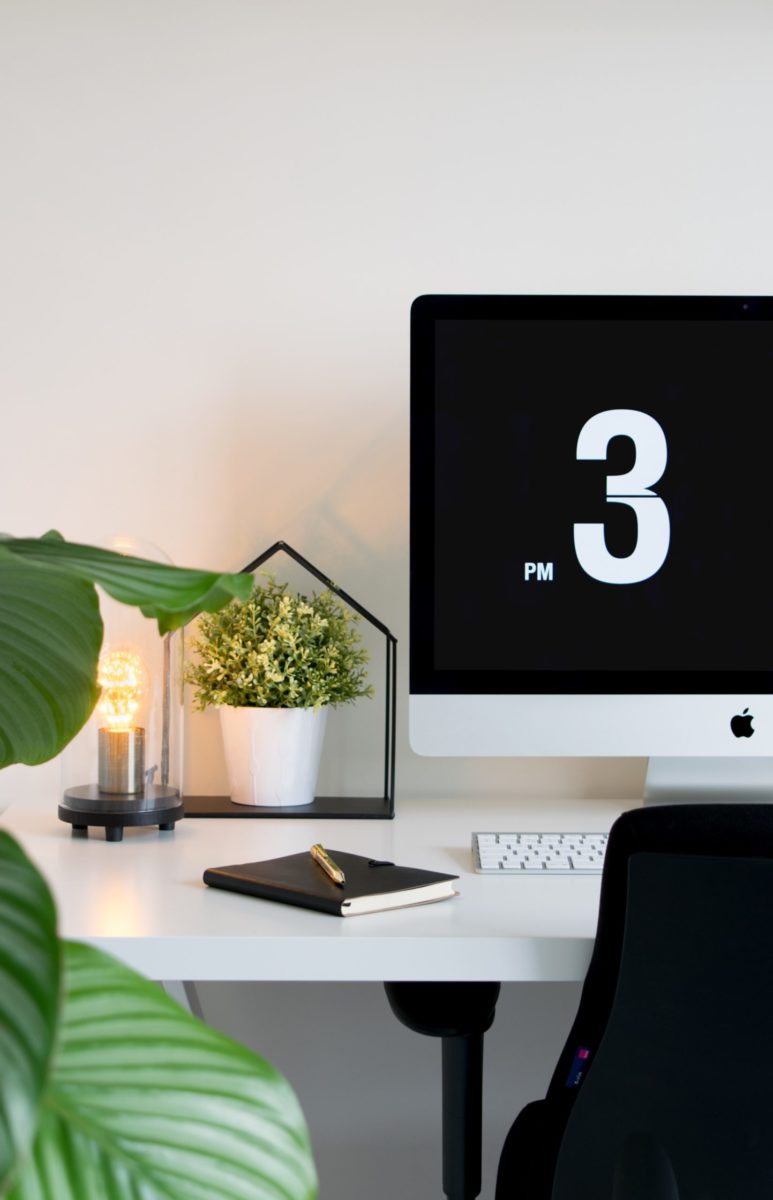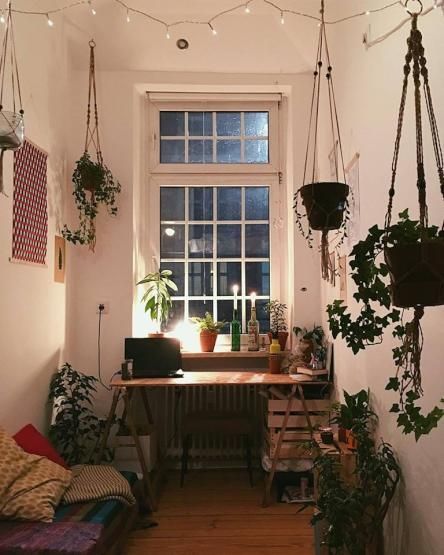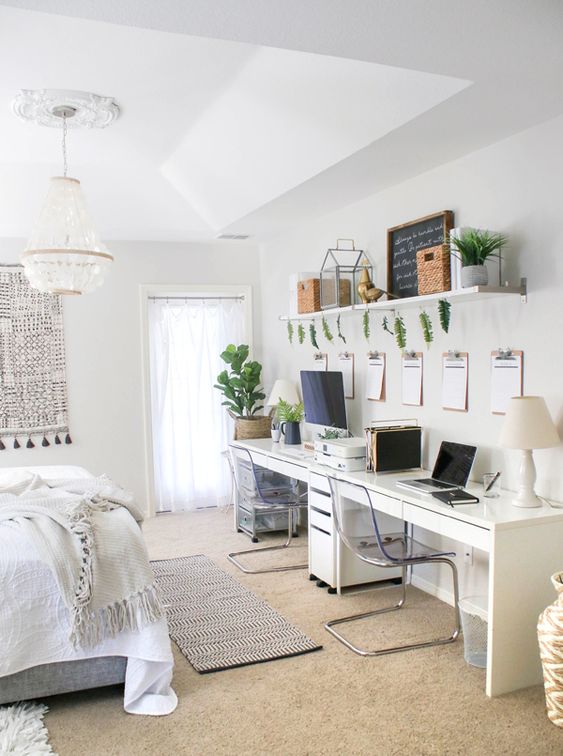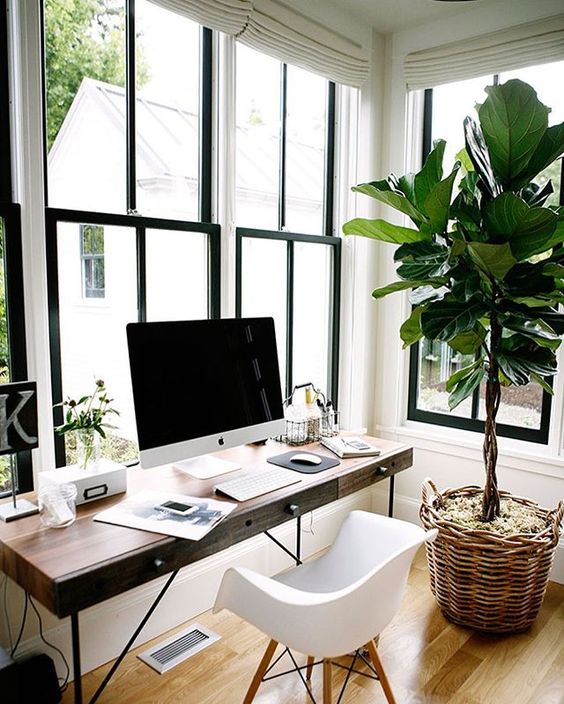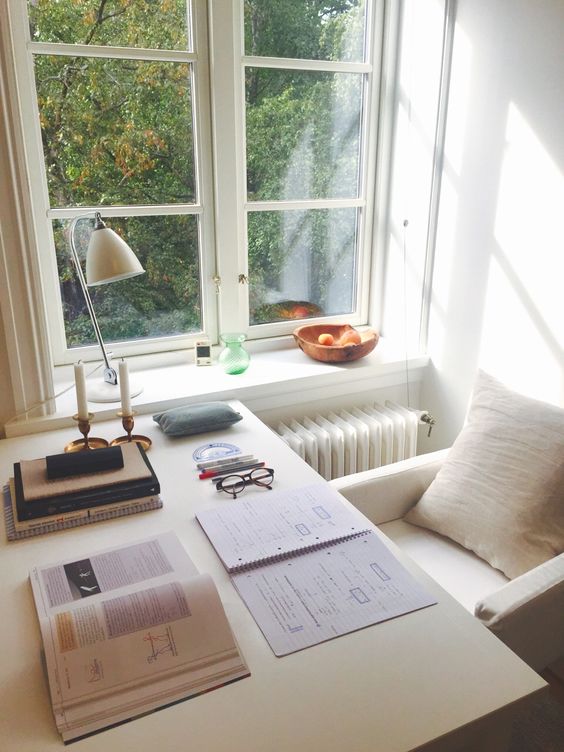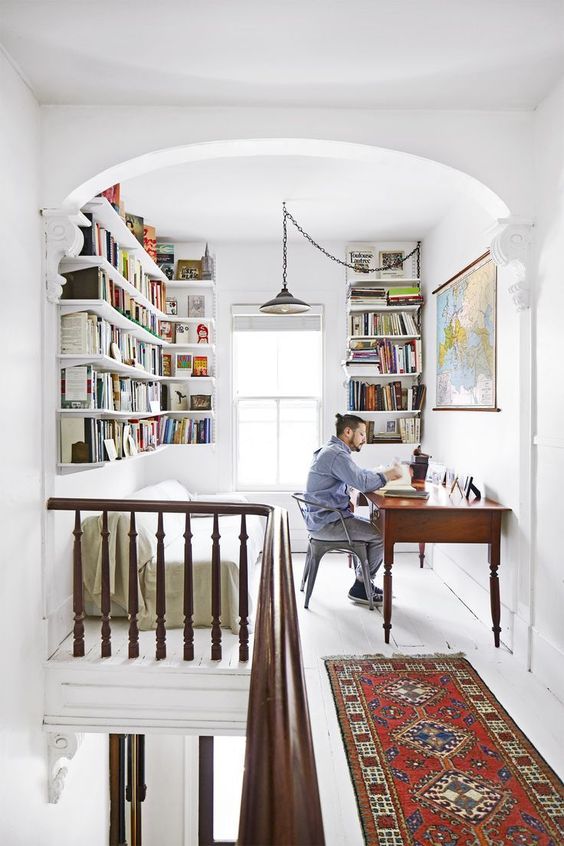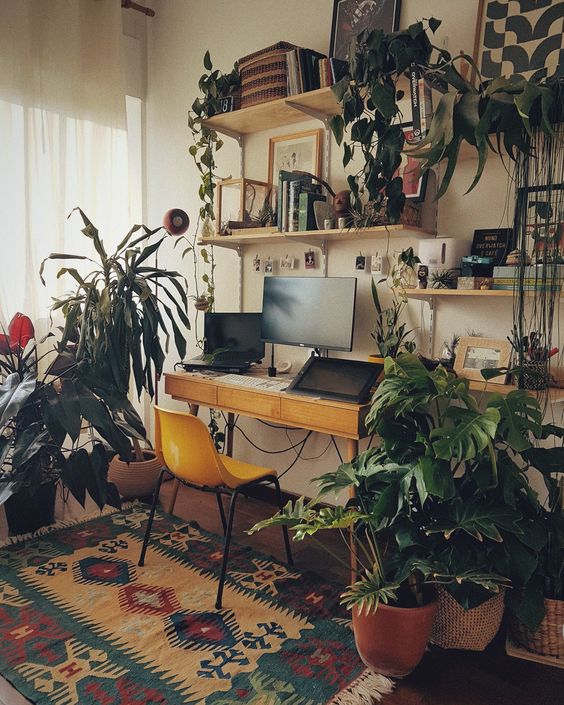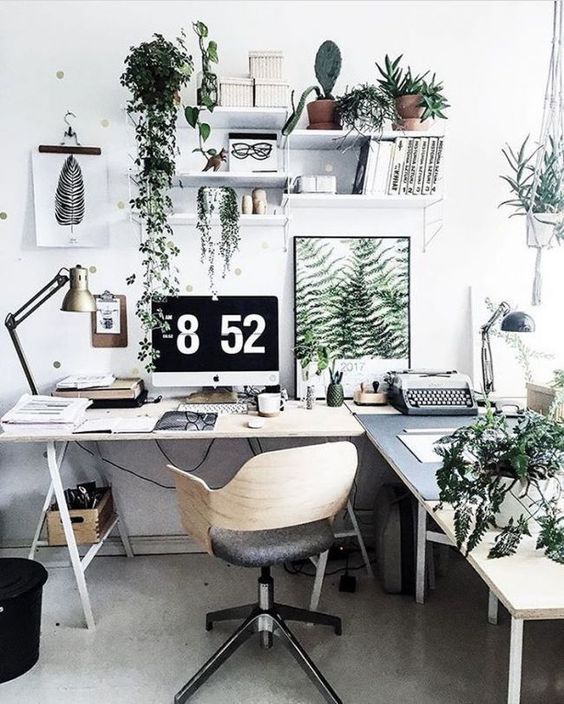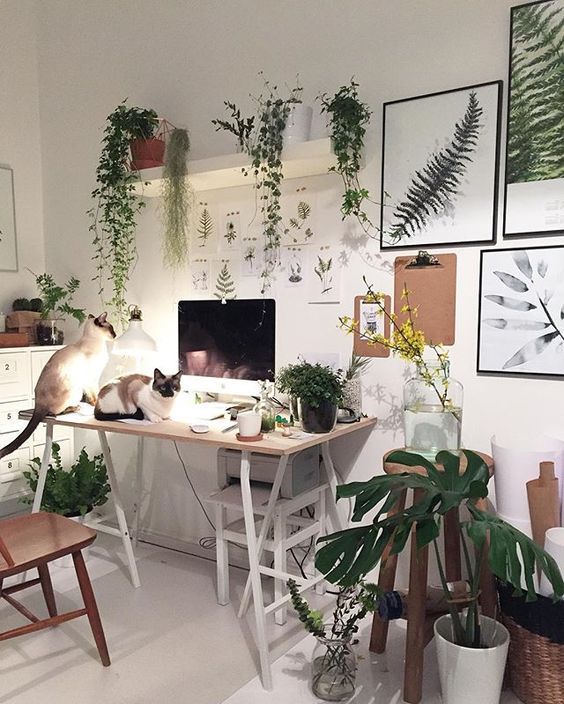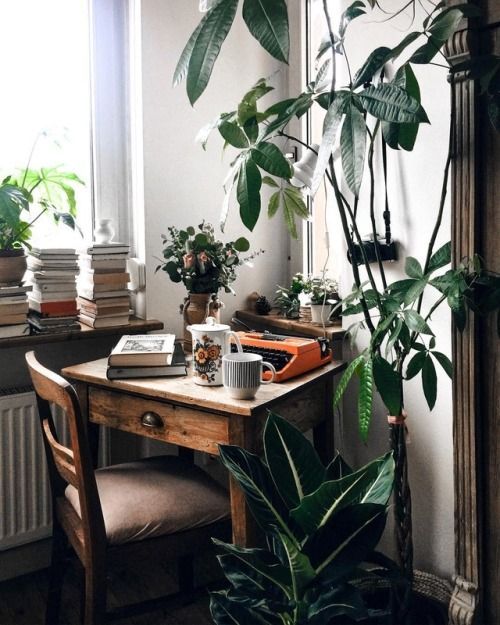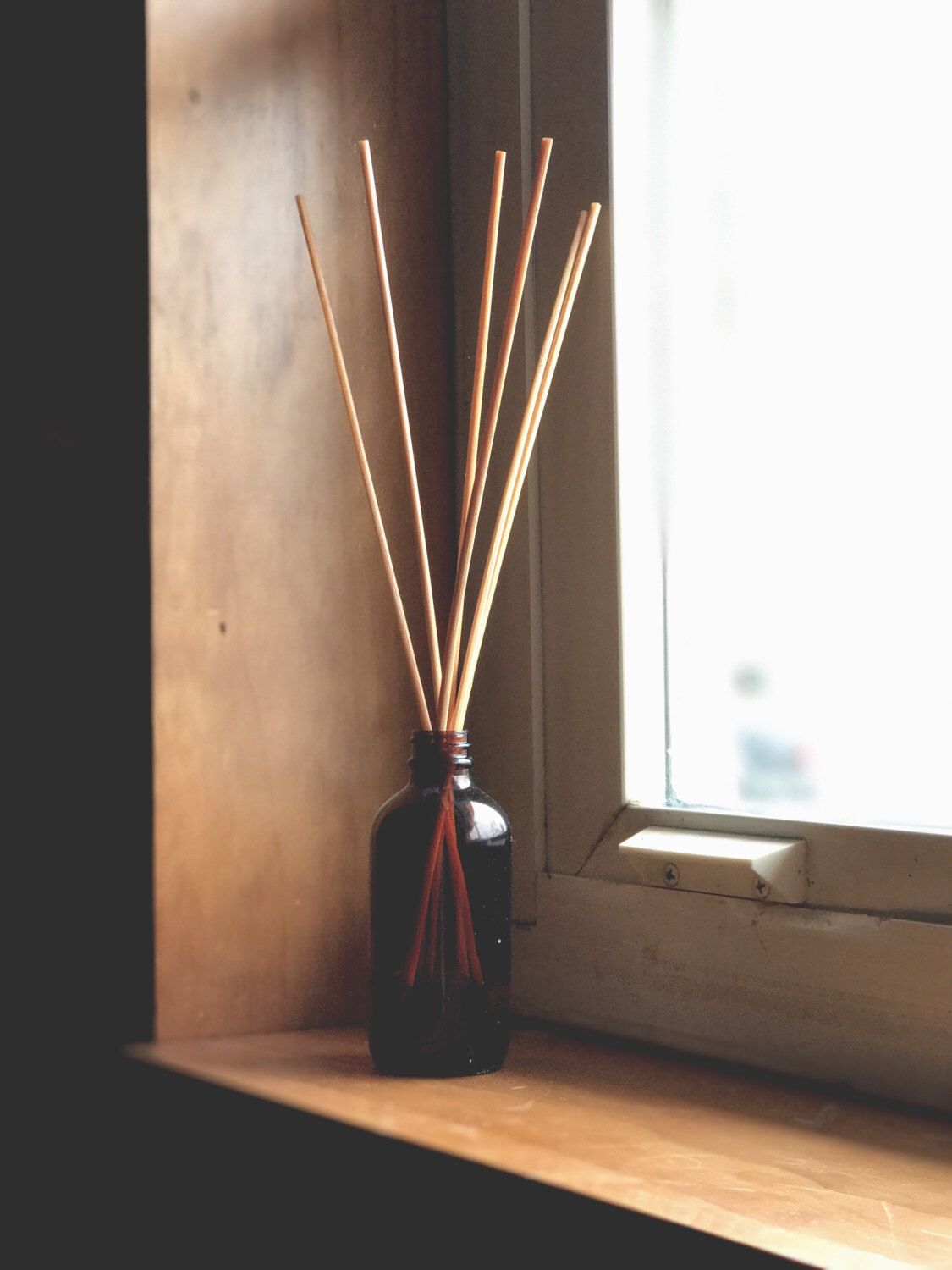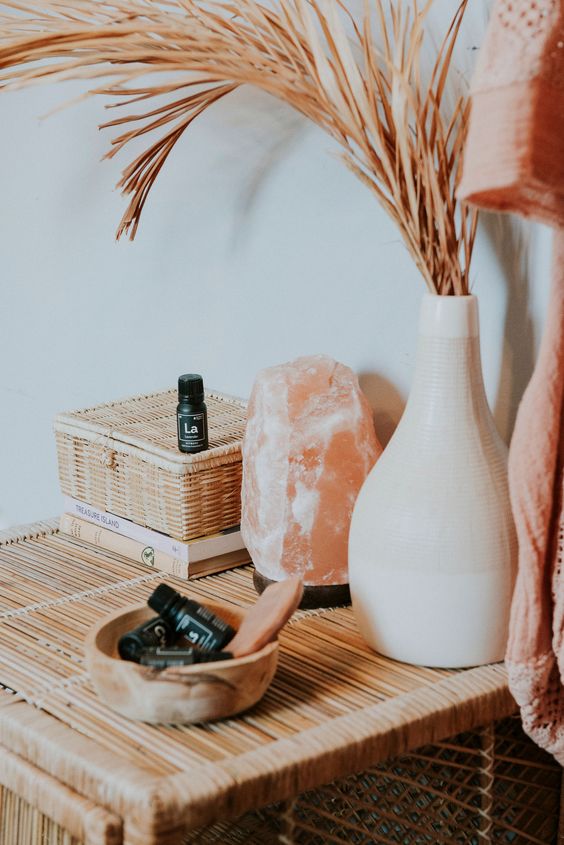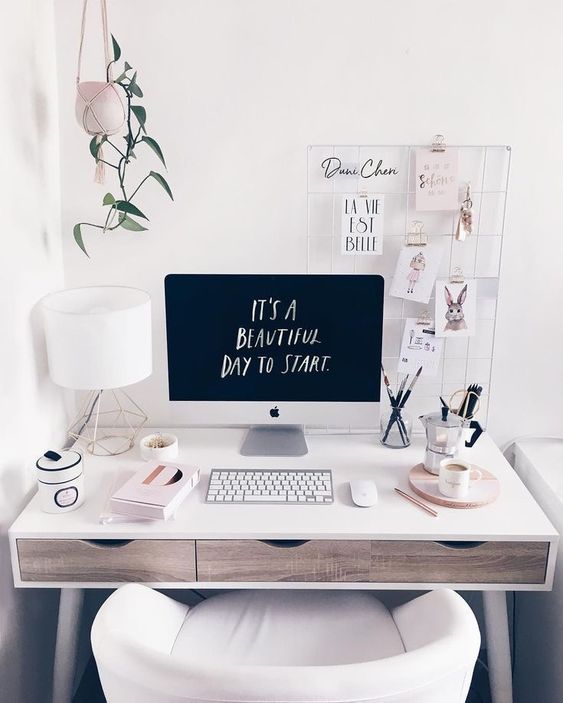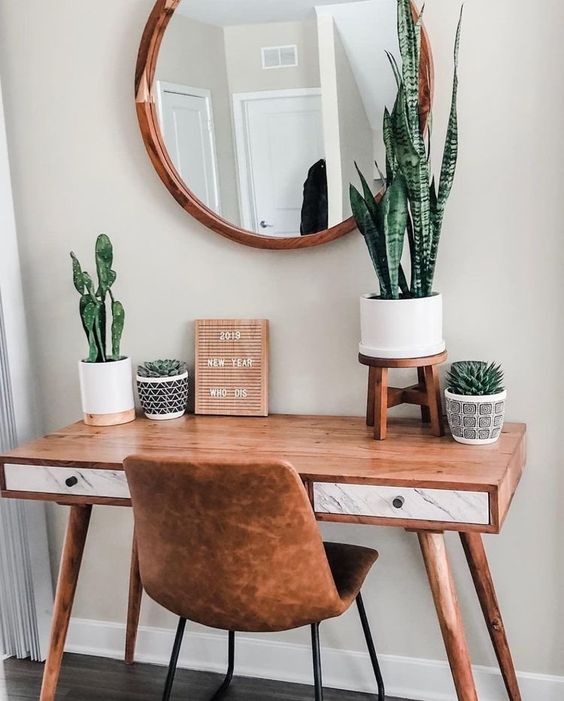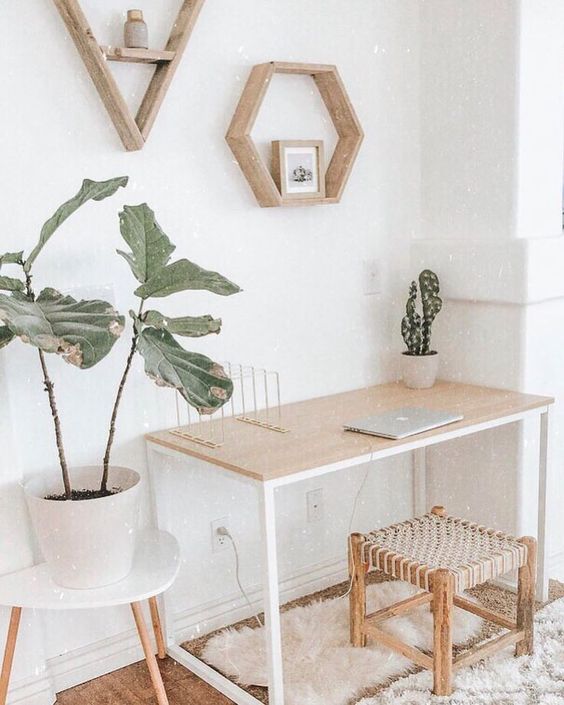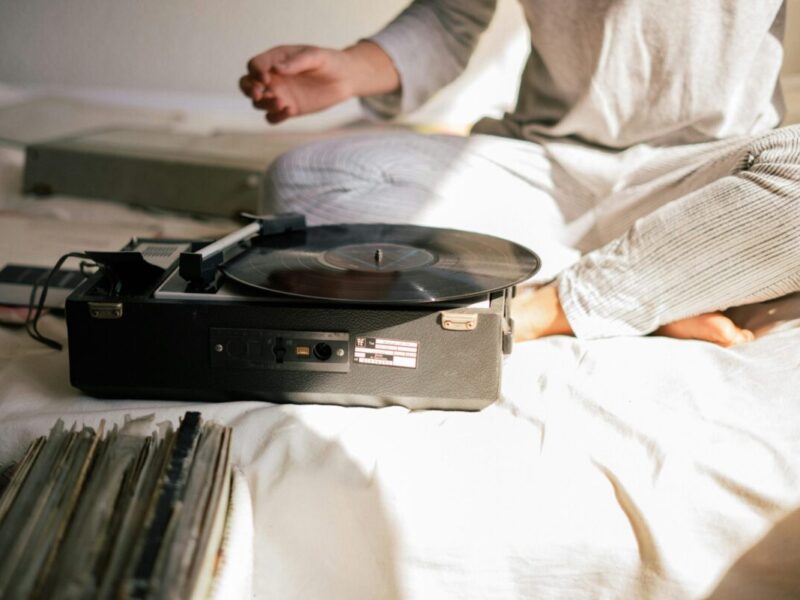Your environment plays a huge role in your productivity. As a writer, your desk can be your creative hub, a special and even sacred place you look forward to being, where the muse feels most alive. While some research suggests that a messy desk is a sign of creativity, it doesn’t necessarily impact productivity positively. Here are a few different ways to decorate and organize your writing desk to optimize inspiration, creativity, productivity, and poetry!
Setting the Space
A great trick, to begin with, is to clearly define your workspace from your living space. This doesn’t necessarily mean you need to have your desk in another room. This separation can help you keep your priorities in focus while you are writing. Even if you live in small quarters, there are ways to divide your writing zone from your living zone. Start by keeping only your writing essentials, like your laptop, notebooks, pens, and pencils, or books that inspire you at your desk and keep unrelated objects out of sight. Create as much distance as you can from your other furniture. You want to be able to physically block out the chaos or distractions of your everyday life while you sit down to write.
- Photo from Pinterest
- Photo from Pinterest
Lighting
The quality of lighting near your writing desk can affect your mood, productivity, and well-being. Poor lighting, such as dim lighting or harsh lighting from overhead fluorescent lights, can cause eye strain, stress, and fatigue. Ideally, the best kind of light you can have is natural light.
Sunlight helps our bodies maintain our internal “clocks” or circadian rhythms. This affects our sleep and energy as well as our brains’ release of serotonin, a hormone that helps us feel focused and calm. If you are able to choose where to keep your writing desk, pick a room with a window to get this boost from the sun and vitamin D. If you don’t have access to a window, there are a number of different types of desk lamps that simulate daylight that you can purchase.
- Photo from Pinterest
- Photo from Pinterest
- Photo from Pinterest
Vegetation
Not only do plants add a beautiful and inspiring aesthetic to any room in your home, but they can also be conducive to productivity. Research has concluded that an office ornamented with plantlife can actually increase productivity by 15 percent. Those with plants decorating their desks also were able to perform better on memory tests and even experienced reduced stress levels. Hang plants above your workspace, scatter them across your desk or add them to nearby shelves. If you are a newbie to taking care of vegetation, here is a list of the best plants for indoor spaces. For inspiration on plant placement, check out Write or Die Tribe’s Pinterest Board where plant-filled desks are frequently updated!
- Photo from Pinterest
- Photo from Pinterest
- Photo from Pinterest
- Photo from Pinterest
Scents
Adding aromatherapy to your writing space is another great way to fuel productivity. Smell is the strongest of the senses and is best able to influence our brain activity. Essential oils are a beneficial and holistic way to create an inspiring environment to write in. Here are a few scents that can boost your mood and keep you creating:
- Lemon – promotes concentration and has calming and clarifying properties that are helpful when you’re feeling angry, anxious or run down.
- Lavender – controls emotional stress, with a soothing effect on the nerves. It can also relieve nervous tension and depression as well as treat headaches and migraines.
- Rosemary – (my personal favorite!) Improves memory and can fight against mental fatigue and exhaustion. Mix in a few drops of orange for amazing mood booster!
- Peppermint – Try this one when you are brainstorming or working on a deadline. This scent invigorates the mind, promotes concentration and stimulates clear thinking.
If essential oils aren’t your thing, reed diffusers or candles can also hold some of the same benefits and create a pleasing, inspiring atmosphere to your desk.
- Photo from Pinterest
- Photo from Pinterest
Keep Out the Clutter
Your writing desk is for writing, not for storage. Work towards keeping the top of your desk and the area around it free from clutter, stacks of papers or bills and too many personal nick-nacks. According to David Allen, author of Getting Things Done: The Art of Stress-Free Productivity, a desk should hold four things: supplies, reference materials, decorations, and equipment. Anything else should go somewhere else. Once you start leaving things out of place, it becomes visually distracting, keeping you from your work. If you lack space, trying using baskets or boxes to house paper or other objects you don’t have a place for yet and put them under your desk, at your feet. Out of sight, out of mine, as they say.
- Photo from Pinterest
- Photo from Pinterest
- Photo from Pinterest

